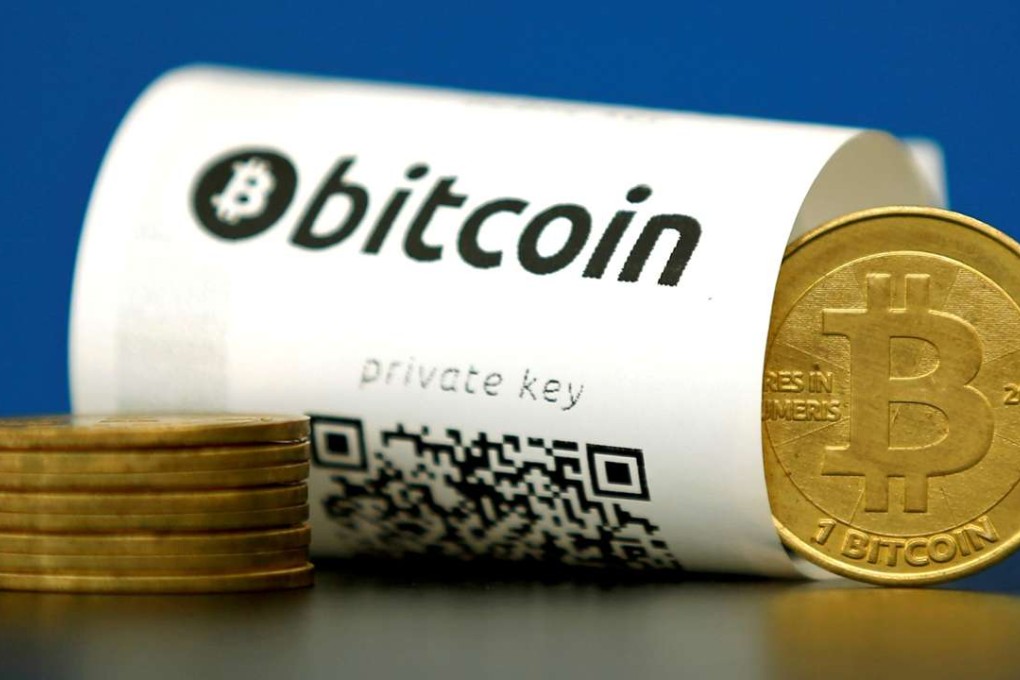HK expected to be at the heart of blockchain
Fraud-proof system of transacting money is expected to become ingrained in the fintech sector as a safer way to store all financial records

Hong Kong’s clout as a global financial centre means it can expect to play a major role in implementing blockchain – a fraud-proof system of transacting money on which virtual currency bitcoin is built – alongside London, New York and Singapore, according to a senior official at computer giant Microsoft.
Marley Gray, director business development and strategy, Cloud + Enterprise at the US tech giant says blockchain is expected to be implemented by banks and other financial institutions within three years.
Gray said the four cities will be the “hotbeds” of the blockchain financial services.
“They are the anchor points in which blockchain will be solved, and it will just grow from there.”
Microsoft launched Azure Blockchain as a service product last year, and is now working with R3, the company leading an international consortium of more than 40 financial institutions, on the design of distributed ledger technology, Gray said.
[London, New York, Singapore, and Hong] are the anchor points in which blockchain will be solved, and it will just grow from there
Earlier this year, the World Economic Forum said that 80 per cent of banks are predicted to start blockchain projects by 2017 and $1.4 billion was invested into the technology over the past three years. Ninety central banks are looking into the technology, it said.